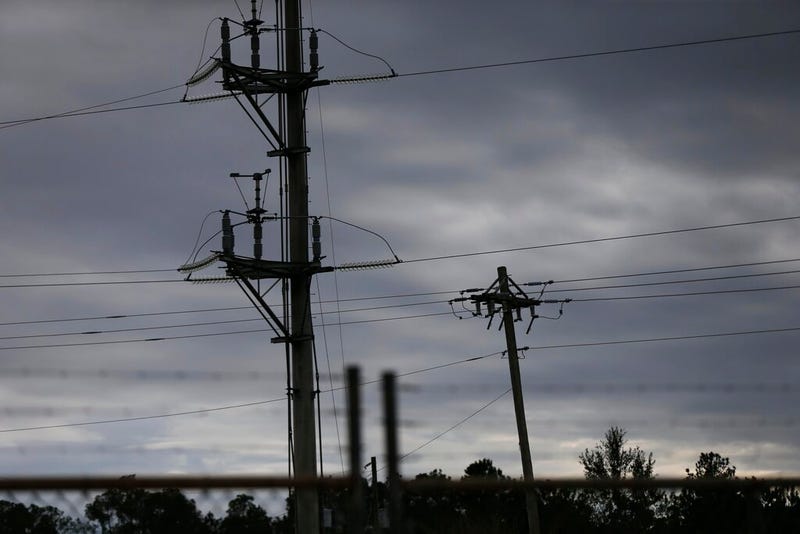
Buffalo, NY (WBEN) - As New York's pause on electrification requirements in new homes reaches a week, a local congressman says his bill to ban such requirements is moving forward, much to the relief of home builders.
Congressman Nick Langworthy (R, NY-23) says his Energy Choice Act has officially passed out of the House Energy Subcommittee, what he calls a major victory for New Yorkers and a critical step toward blocking Gov. Kathy Hochul’s natural gas ban in homes and businesses across the state.
"It's a ban of the bans," said Langworthy in an interview with WBEN. "I don't care how many times she says in a court document it's on pause. I don't trust her. I don't think her intentions on the pause are any sort of sincerity. It's really more geared towards her re-election campaign. She knows that voters hate this. They don't want this, and they're opposed to this. So I have not lost any of my urgency. The government is moving full speed ahead to try to get this over the finish line."
Langworthy has been talking to Majority Leader Steve Scalise every single week about this bill.
"He understands my urgency and our need," Langworthy said. "The pause does nothing to change my mind, and we want to make this law. So they understand that there's a tremendous support across our conference for it and across the country. Frankly, the outpouring of support [from] significant organizations has been off the charts. So we have momentum. I believe we'll pass it through the House, and then I got to work with the White House to get the Senate to expedite their actions."
Home builder Phil Nanula says the pause has brought great relief to him and his colleagues.
"This has taken a lot of the strain off of us as builders trying to rush to get our customers to be submitted for permit, which you know, all of us have certain limitations on our ability to do that, and we were in the process of starting to disappoint people, to tell them that they were going to have to build all gas," Nanula said with WBEN.
He says he was not successful in getting people who want to go forward.
"We were trying to figure out the best way to address that problem, and we then received the good word that this agreement had been reached. So I believe it's putting a lot of peace of mind to our customers that felt like they were missing the opportunity to build a house with natural gas," Nanula said.
Nanula says the state law did not take into consideration builds that haven't started in the same subdivision where homes have been finished.
"The law did not grandfather any of the existing neighborhoods that were already designed and engineered for both gas and electric. So if they were in a neighborhood, they had 30 lots, and we had 10 lots left, those remaining 10 lots would have had to been electric. And just from a standpoint of feeling like that was going to put a competitive disadvantage and even the appreciation of their home, they were unwilling to take that risk," Nanula explained.
He says by not grandfathering the existing neighborhoods, the infrastructure was not going to be suitable to be converted to an all-electric home.
"When you go to an all electric home, we were going to need to go to 400 amp service, and the current transformers that are put in these developments were not sized for that. They were sized for about 200 amp service, and because they knew how certain appliances would be gas, certain appliances would be electric, and they sized the entire system and the engineering of that system to that, to those load sheet information that we gave them. So we're still in the process of identifying those concerns, because we want the state to move forward on the grandfather bill that was tabled before session ended, and we need to have that altered to reflect the current state of the pause," Nanula noted.
He adds the way the current pause is in place is to the appellate court first, and then it would carry forward to the Supreme Court.
"I think that either party, if they lose, is going to take it to the Supreme Court. So we're talking about what could be a couple years in the making, and then, if they were successful to reinstate the gas ban, there'd be another 120 days before it could be imposed," Nanula explained. "I believe that we have a strong case. If we didn't have a strong case, I don't think this pause would have happened."
He, too, is hopeful Langworthy's bill gets passed in Congress.
